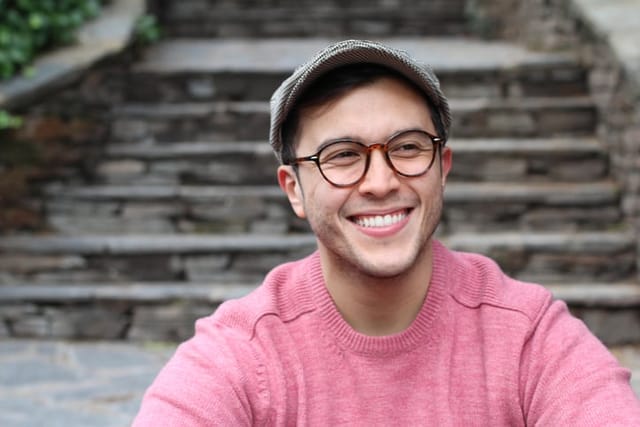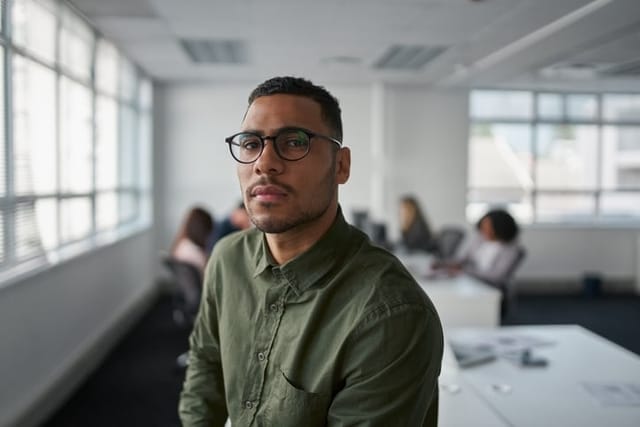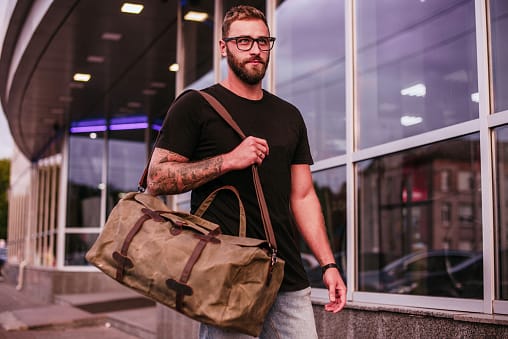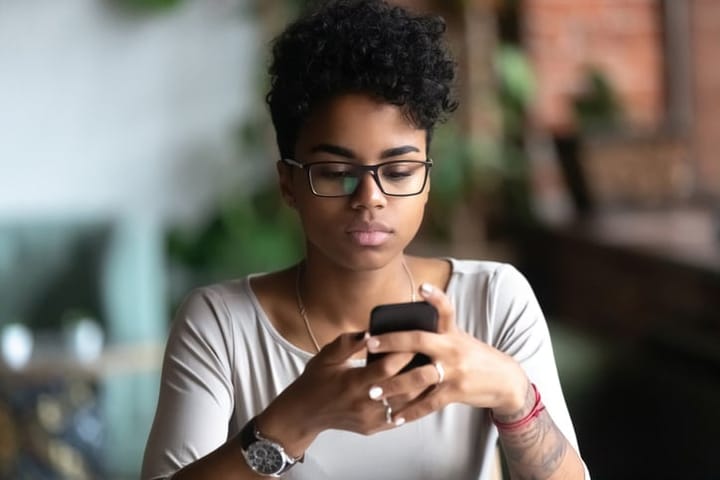Seeking validation is a natural human instinct. We all like to feel like we’re on the right track, but when affirmation from other people becomes a constant need rather than just a nice-to-have, it points to some serious underlying insecurities. Here are some of the things validation seekers tend to struggle with.
1. Fear of Not Being Good Enough

People who constantly seek validation may doubt their worth and abilities. They often feel like they have to prove themselves at every turn and worry that they don’t measure up to other people’s expectations or their own. This can lead them to look for external signs that they’re actually smart, talented, and worthy of respect and admiration.
2. Worrying About How They Look

Validation seekers may spend a lot of time and effort on their physical appearance and become reliant on compliments to feel attractive or acceptable. This preoccupation with appearance can stem from pressure from society, personal beliefs they’ve developed, or comparisons to other people, which often leads to a never-ending cycle of needing affirmation to feel good about themselves.
3. Doubts About Personal Achievements
Even people who are super successful can be insecure about the legitimacy of their achievements — hello, imposter syndrome. They might downplay their achievements or feel like impostors. This insecurity drives them to look for external validation as a way to convince themselves that their accomplishments are deserved and recognized. They may repeatedly bring up past successes or display their trophies and awards, not out of pride, but in search of affirmation that their achievements are genuine and valued by the world around them.
4. Anxiety About Social Status
Some people really care about their position in their social circle. They may feel pressure to keep up with their peers and fear being seen as less successful or less interesting. This concern can make them sensitive to how they’re perceived in social settings, leading them to seek validation as a way to confirm their standing. They might name-drop, exaggerate stories about their experiences, or flaunt their possessions to prompt others to recognize and validate their status.
5. Doubts About Their Intelligence

People who are insecure about their intellect might overcompensate by seeking validation for their smarts. They could be the first to answer a question in a meeting or to offer a fact during a discussion, not just to contribute, but to get that nod of approval from others. This need can sometimes lead them to pretend they know more than they do because they’re scared to admit ignorance on any topic in case they seem unintelligent.
6. Uncertainty in Relationships
Those who are insecure in their relationships may constantly seek reassurance from their partner. They might question the relationship’s stability, their partner’s feelings, or their own lovability. This can manifest as frequently asking for affirmations of love, fishing for compliments, or needing constant communication to feel secure. The root of this behavior is often a deep-seated fear of abandonment or a belief that they’re not worthy of a lasting, loving partnership.
7. Fear of Being Forgotten or Overlooked
Some people are driven by a fear of insignificance. They worry that if they don’t make themselves constantly known, they’ll be forgotten or fade into the background. This can lead to a pattern of behavior where they’re always trying to grab the spotlight or make an impression to feel seen and remembered. They’re often the ones who share every accomplishment on social media or bring up their achievements in conversation, looking for that validation to counter their fear of being invisible.
8. Concerns About Professional Skills

Insecurities about professional capabilities can prompt an incessant need for validation at work. People may seek constant feedback or become overly concerned with their performance reviews. They might also compare their career progress to that of their colleagues, creating a sense of competition and a drive to outperform others to gain recognition and affirmation of their professional worth.
9. Insecurity About Creativity or Talent

People insecure about their creative abilities or talents might often look for validation to confirm that their work has value. They may be hesitant to share their work without reassurance that it’s good. This need for validation can become a barrier to taking risks or trying new things in their creative endeavors, as the fear of not receiving positive feedback can be paralyzing.
10. Worry That Their Life Isn’t Interesting Enough

In a world curated by highlight reels on social media, some people may feel insecure about the interestingness of their lives. They worry that their everyday existence isn’t exciting or enviable compared to other people’s, not realizing that people curate their socials to feature their highlight reels, not their everyday experiences. This can lead to over-sharing or embellishing life events to garner likes and comments, which serve as the much-needed validation for their life choices and experiences.
11. Nervousness About Decision-Making Skills
People who are insecure about their ability to make good decisions may constantly seek validation to reassure themselves that they’ve chosen the right path. They might ask for advice on minor choices or need other people to approve their bigger life decisions. This stems from a fear of making mistakes and facing the consequences alone. They might overanalyze every option and discuss their thought processes at length, hoping others will affirm their choices and alleviate their anxiety.
12. Fear of Their Originality Being Rejected
Some people are insecure about expressing original ideas, worrying that these will be rejected or deemed odd by others. They may have a deep desire to be innovative but hold back for fear of criticism. When they do share something unique, they often look around to gauge others’ reactions, seeking immediate validation to continue. This insecurity can stifle their true potential as they play it safe instead of embracing their originality.
Enjoy this piece? Give it a like and follow Bolde on MSN for more!









